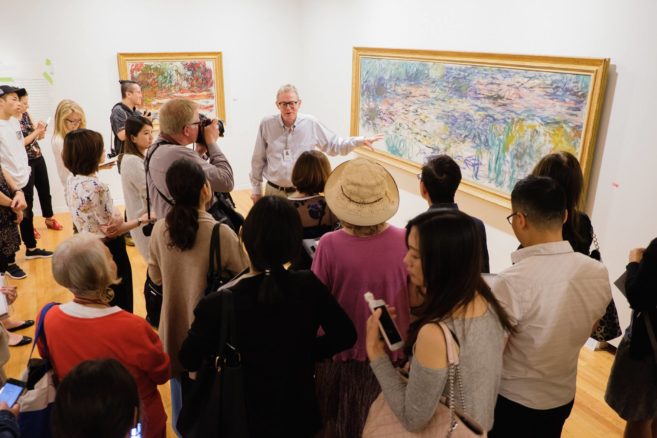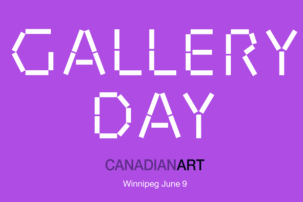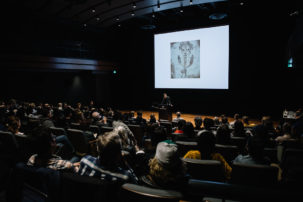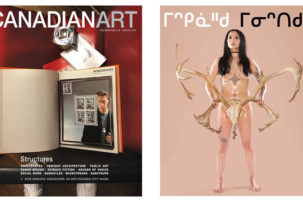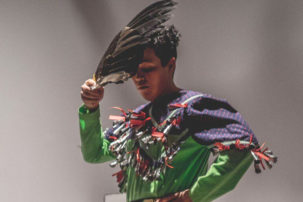Annie MacDonell is a Toronto-based visual artist whose practice includes film, photography, sculpture, installation and sound. She is known for complex, canny works that examine exhausted ideas and images, landscape, repetition and the conventions of display as they exist in relation to art, the cinema, and the space of the gallery.
MacDonell began her studies in photography at Ryerson University, earning her BFA in 2000, then went on to graduate studies at Le Fresnoy, Studio National des Arts Contemporains, in France. She currently serves on the board of Gallery TPW and teaches in the photography department at Ryerson University. Her work has been exhibited at Mercer Union, the Power Plant and the Art Gallery of Windsor.
Thinking back to her school days, MacDonell notes that working across different genres was something made possible early on by the university that she attended.
“I started out studying photography at Ryerson University, but because the school also offers film and new-media streams, I began to play around with other media early on,” she says.
“For me, the movement between different forms and materials is an important part of solving conceptual problems. Some questions can only be addressed through sculpture or large-scale installation, while others can be dealt with in a single photograph.”
When choosing an art program, MacDonell recommends that students keep in mind the social aspect of a school can be just as important as the in-class assignments.
“A good studio-arts program exposes you to a range of ideas, but also allows you to socialize with other artists. It’s often the first time you’ll find yourself surrounded by people who have the same concerns and interests as you, which is amazing,” she says.
But the key thing to get from an undergraduate education, she notes, is a sense of one’s most suitable creative strategies.
“The most important part of those four years is that they allow you to figure out what your working process will look like as an artist,” MacDonell explains. “Each project helps you to hone your skills and shape your own personal process and, by the end of that time, you’ll have all the tools you need to make work independently.
Created with files from Canadian Art, Winter 2012 edition


